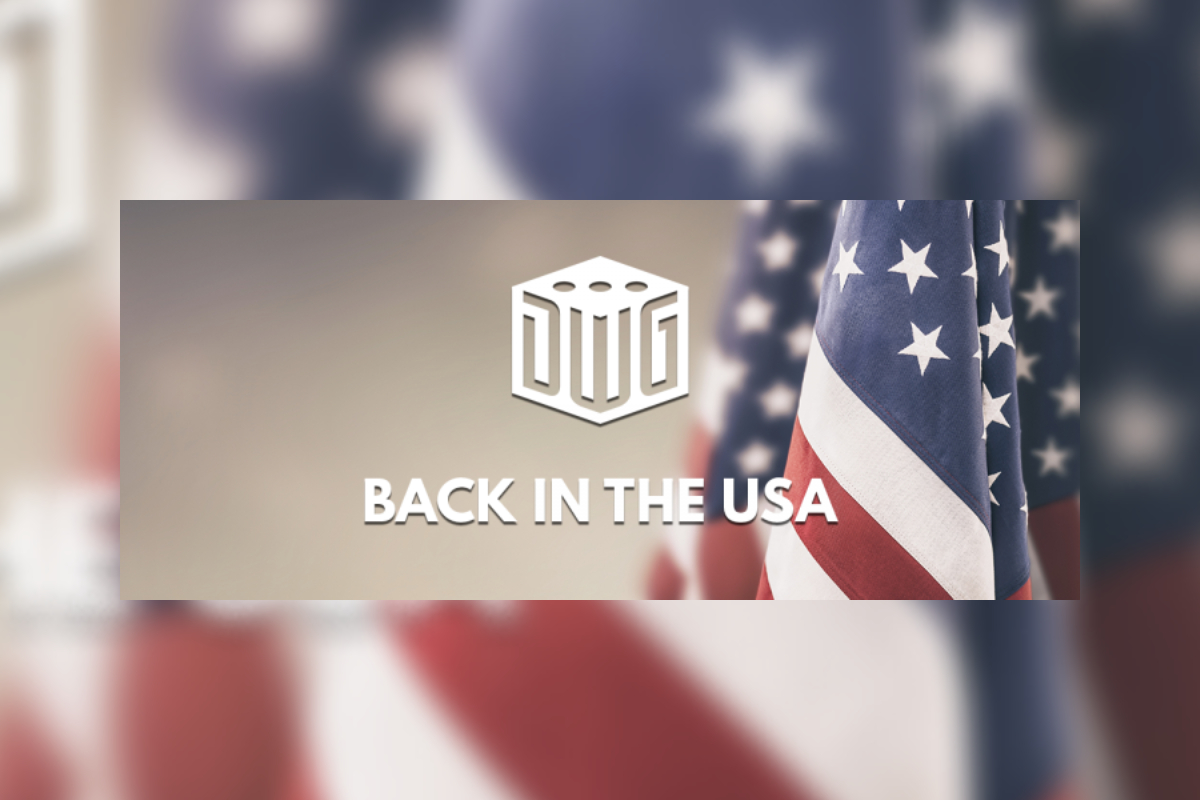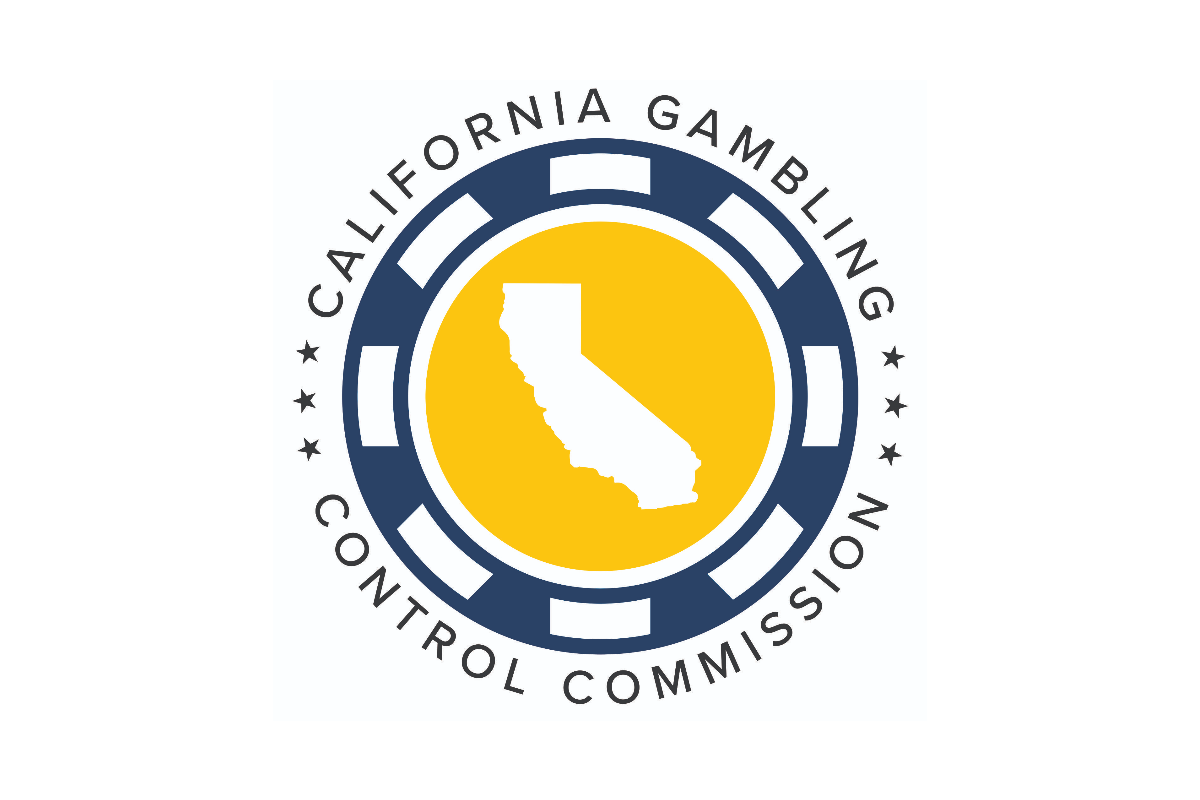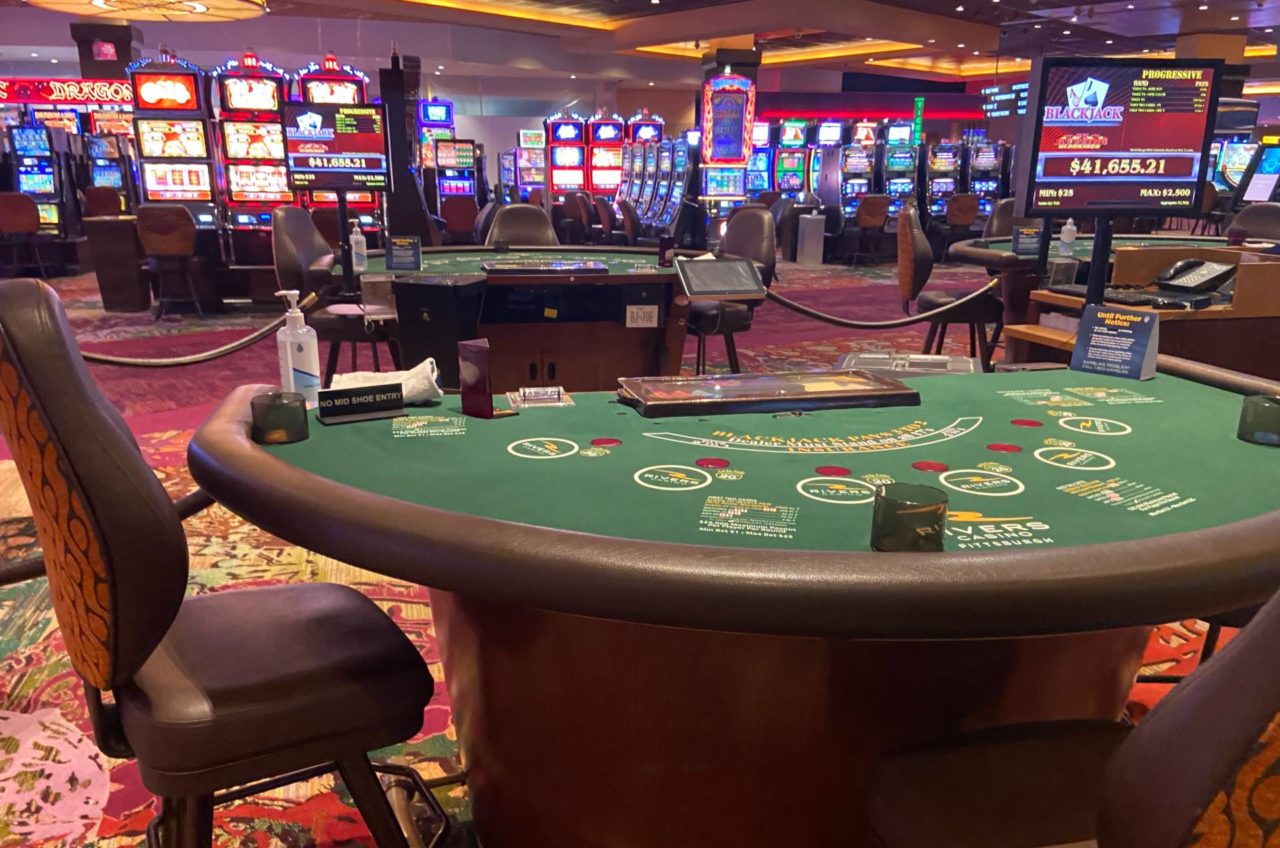
DWG granted licenses in Michigan and Pennsylvania
Design Works Gaming’s (DWG) stateside expansion continues to pick up pace, after the content studio was granted licenses to provide its games to real money online operators in Michigan and Pennsylvania.
The licenses, which were granted in consecutive days by the Michigan Gaming Control Board and the Pennsylvania Gaming Control Board, allow DWG to supply its content to regulated online operators in the states.
DWG already holds a similar license from the New Jersey Division of Gaming Enforcement, meaning its games are now licensed in the three largest states to offer regulated online casino games.
DWG CEO Troy Zurawski said: “We’re serious about transforming online casino content in the US, and that means taking our games into all regulated jurisdictions across the country. Michigan and Pennsylvania are new and exciting markets that are crying out for original, world-class content. Our proprietary RGS integrated with SG Digital affords us break-neck speed to market. We can’t wait to deliver our best-in-class content to the players of these great states!”
Last month, DWG announced its entry in regulated markets in North America via an agreement with SG Digital. The partnership is set to kick off with a first-of-its-kind dual pilot launch in New Jersey with leading operators Golden Nugget and Resorts Casino.










